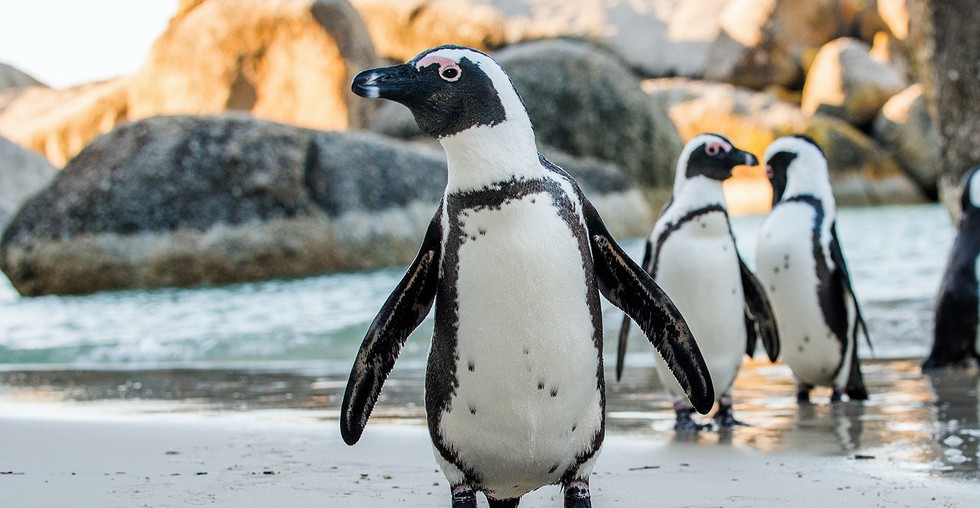
About African Penguin:
Scientists have puzzled over the obje...
Recently, the National Institute of F...
Recently, the Food And Agricultural O...
A new study by an international team ...
Recently, the standing committee of t...
The Centre has decided to extend prov...
As per the latest development, Gandhi...
India is poised to face a higher incr...
Larsen and Toubro recently launched t...
Archaeologists have uncovered a secre...